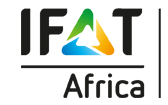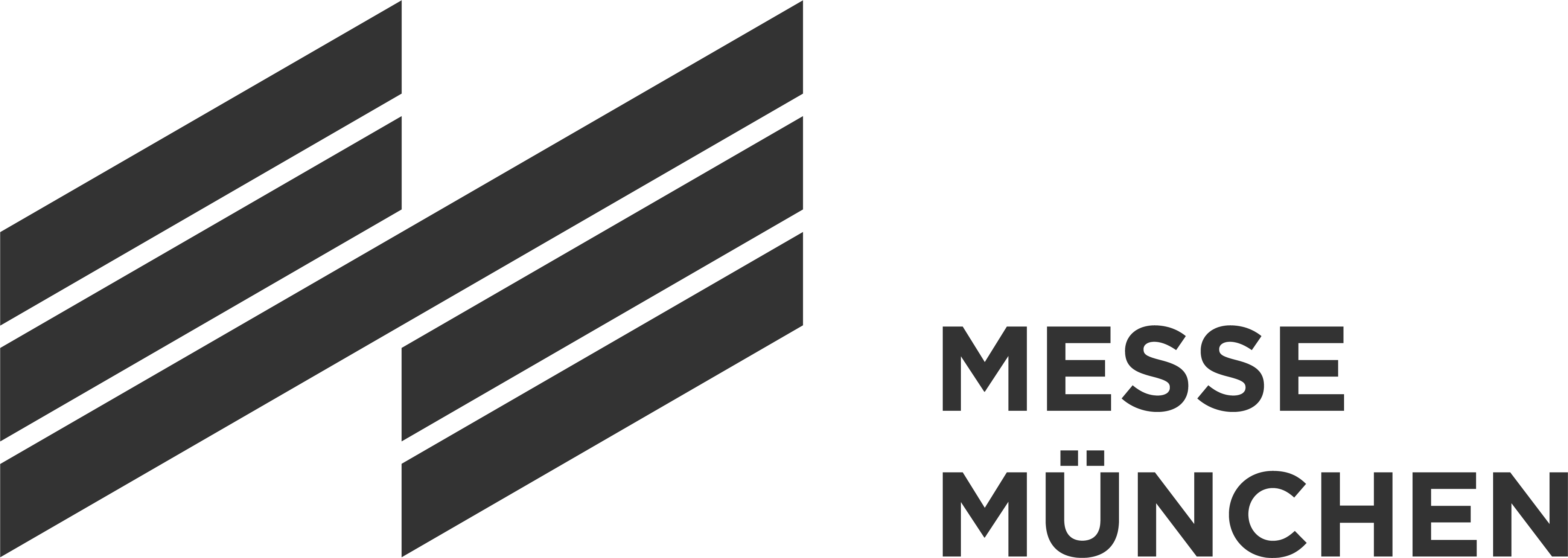PPPs and recycling challenges: burning issues in SA environmental management
PRESS RELEASE:
PPPs and recycling challenges: burning issues in SA environmental management
Public Private Partnerships (PPPs) are often viewed as the ideal approach to overcoming South African infrastructure challenges, but PPPs are not as simple to implement as many may think and could take years to bed down. This is according to Alessandra Pardini, partner in the Projects Practice at Webber Wentzel, who will deliver a master class next week on Public Private Partnerships hosted by the Institute of Waste Management of Southern Africa (IWMSA) at IFAT Africa – the trade event for the water, sewage, refuse and recycling industries.
“The reality of these PPP deals is that they are very complex, within a complicated legislative framework. So many companies think they will just sign an agreement with a municipality and that’s all it takes. In reality, it’s a lengthy process that could take 3 – 5 years to complete,” she says.
Despite the government’s goals of working with the private sector to overcome infrastructure challenges, Pardini says relatively few effective PPPs are currently in place. “Several more are being looked into, but it’s not clear how many will reach finality due to their complexity and the high costs involved.”
For PPPs to be effective, the regulatory framework and environment need to be conducive to these agreements, says Prof. Suzan Oelofse, Research Group Leader: Waste for Development, Smart Places Cluster at the CSIR, who will participate in an IWMSA Dialogue Session on how municipalities drive a reuse and recycling economy. “In the recycling environment, PPPs with municipalities are challenged by three-year municipal budget cycles and the fact that it is not easy to set these partnerships up,” she says. “The private sector could provide some of the infrastructure necessary for recycling, but municipalities also need to come aboard to create the right environment.”
“Recycling is not working on large scale in South Africa: not even 10% of urban households are recycling, and the number is even lower in rural areas. We sit with a dilemma, because many people are keen to recycle, but they need an enabling environment to do so. To date, much of the recycling progress that has been made is thanks to the informal trash pickers,” Prof. Oelofse says.
These issues and more will come under discussion in two IWMSA masterclasses and two dialogue sessions during IFAT Africa, which will be staged from July 9-11 at the Gallagher Convention Centre. IFAT Africa – the key trade event for the water, sewage, refuse and recycling industries, will feature a high-level forum, engineering students’ University Challenge, interactive area and Masterclasses by WISA and IWMSA. Organised by Messe Muenchen South Africa, the event, co-located with food & drink technology (fdt) Africa, and analytica Lab Africa, will showcase how food & beverages, analytics and the latest environmental trends and technologies overlap in the next generation of food and water production and environmental management, and laboratory technology, analysis, biotechnology and diagnostics.
IFAT Africa is free to attend if you register online at https://ifat-africa.com/
Ends.
Issue by ITP Communications on behalf of Messe Muenchen South Africa. For further information please contact Leigh Angelo at leigh@tradeprojects.co.za or Tel: (011) 869 9153









